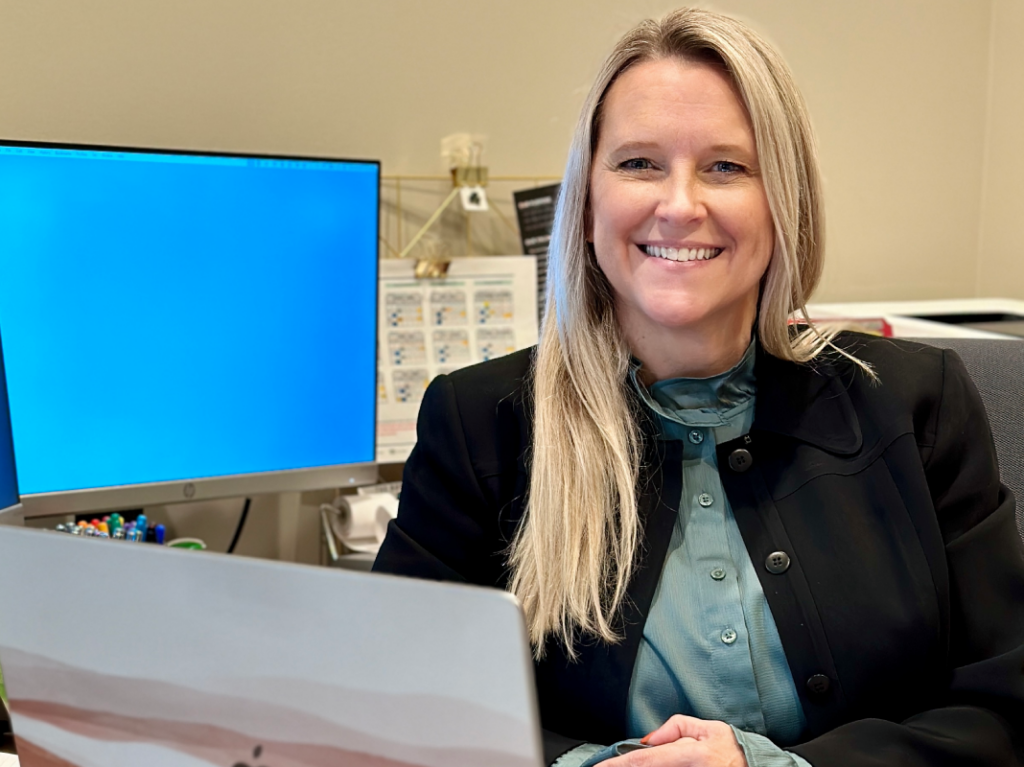The accounting and finance field is facing a critical shortage for many reasons. Two factors are declining interest among younger people in an accounting career and a wave of retirees with many years in the field.
Misperceptions also play a role. Young people often have outdated ideas about the role of an accounting and finance professional and how accountants contribute to business value, says Mike DePrisco, president and CEO of the Institute of Management Accountants (IMA). They also may be unaware that an accounting degree or job experience can lead to many fulfilling career paths.
But there are also real barriers—for example, academic and professional requirements for accounting jobs that may “weed out” rather than “pull through” individuals into the profession, DePrisco says.
“All these factors are combining to create a tipping point—and a significant opportunity for positive change,” said DePrisco noted in his discussion with our Katie Kuehner-Hebert. Hebert asked DePrisco how CFOs can contribute to some of that positive change.
How can the accountant shortage negatively impact companies and CFOs?
At IMA, we like to say accounting is the language of business. It supports everything from day-to-day operations to internal controls, risk identification and mitigation, to strategy, compliance and performance. The lack of qualified accounting and finance professionals in a business means an increased risk for skill gaps in these critical elements, leading to errors, underperformance and diminished decision-making capability.
This means CFOs may encounter issues like missing key reporting deadlines, gaps in critical month-end close processes or heightened risks related to supply chains or cybersecurity, among many others. At the end of the day, the CFO will be held responsible, even if the pressures are due to the wider issue of talent shortages.
What steps can CFOs take to stem the exodus of people from accounting and finance roles?
Regarding retention, a better and faster integration of the latest technology into the finance function can help mitigate the compliance burden and burnout among accountants. A recent report from IMA, “The Impact of Artificial Intelligence on Accounting and Finance: A Global Perspective,” outlines the obstacles CFOs are facing in ensuring the “grunt work” of accounting that contributes to burnout and attrition is sufficiently automated, freeing accountants to do more important and fulfilling tasks that will make them less likely to leave the company and the profession.
One of the findings of this report was that CFOs are often responsible for how quickly and efficiently an organization embraces and utilizes AI in the finance function. This means CFOs need to set the tone at the top for technology adaptation and integration, or else lower-level staff will be less likely to take the initiative themselves and master the new tools.
Organizations can also retain their employees by offering competitive compensation and benefits, creating a supportive and inclusive work environment, building a respectful culture that recognizes outstanding performance, providing professional growth and development opportunities and promoting a healthy work-life balance.
The younger generation expects to work at an organization that prioritizes its employees’ well-being and the wider social good. CFOs must address these concerns through concrete policy and proactive communication with staff. An ability to partner and collaborate with the CHRO can help support improved retention rates.
How can CFOs better recruit external talent into their companies and into the accounting field?
The second challenge—attracting new accounting and finance staff—involves communicating with potential professionals about the exciting roles accountants play in organizations today as strategists, data analysts and business partners. With these various roles, on-the-job training, professional certifications and upskilling programs by employers can help bridge the gap to get individuals up to speed.
IMA is helping with this training with the introduction of a new certification—the Financial and Managerial Accounting Associate—designed to widen the aperture of potential future professionals. Individuals who are interested in gaining foundational acumen to accelerate their career will find this new certification relevant and won’t need to worry about extensive academic or professional requirements to get started.
As the accounting profession continues to evolve to one that will rely on technology and data to create value, skill-building for accountants in these competencies is a must-have to effectively do their jobs. Business professionals from domains like IT, data science, engineering and project management can quickly master the fundamentals of financial and managerial accounting and leverage this knowledge to pivot to a new role or enhance their performance.
This shift requires CFOs to think beyond traditional accounting degrees, programs and pathways, and be more flexible and creative about where and how they source their talent. In the long term, CFOs are advocates for promoting the benefits of being an accountant—in terms of compensation, work-life balance, value and purpose. These factors are important to the next generation of professionals.








